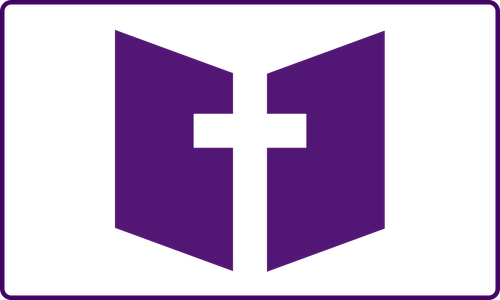Zechariah, Joash, Moses, and Identity
This week was full of unexpected surprises at work, so most of my Bible reading notes are pretty surface-level. But that’s the only place we can ever start: reading the words the Holy Spirit has passed down to us. Only after we know what they say can we start asking harder questions.
Recently on VerseNotes
A List of Books in the Bible by Number of Chapters
I’ve always been a little fascinated by statistics of the Bible. You might have reasoned this out for yourself by the number of “numbers” posts already on VerseNotes:
- Understanding the Sevens in Revelation
- Revelation By the Numbers - 0–1
- Revelation By the Numbers - 2–4
- Revelation By the Numbers - 5–24
- [Revelation By the Numbers - 30–1260
- Revelation By the Numbers - 1600+
- The Other Number of the Beast
- Esther By the Numbers
- About Three Months
What I realized is that I was keeping all the background data I use to write those posts to myself. But it’s virtually certain that you have a better idea than I do of what to do with all these numbers.
So I started by publishing one nice table and three machine-readable files of numbers not so much in the Bible as about the Bible. Check out the post, then e-mail me with what else you’d like to know about the Bible.
Delight in the Details
Recently, I’ve been enamored with what I’m calling “Very Minor Prophets”: the ones who show up in Scripture, but don’t get their own books.
Zechariah was the name of both a minor prophet who did get a book and a very minor prophet who did not. The story of the latter is tragic.
He was the son of King Joash’s most trusted advisor, Jehoiada the priest. After Jehoiada died, Joash started drifting, and God sent Zechariah to bring him back.
Joash did not appreciate his prophecies, and had him stoned to death.
Et Cetera
Things I learned in my reading this week, in no particular order.
King Joash of Israel was killed by an Ammonite and a Moabite
Perhaps the most stereotypical death possible for a king of Israel, to be killed by a conspiracy between two of Israel’s oldest enemies.
Moses spent the same duration on the mountain receiving the law as the duration of Noah’s flood
Both took forty days. Of course, it’s possible that number is symbolic, but the important part is that both forty-day periods changed everything forever.
Knowing God goes beyond identity to character
The authors of Exodus and Ezekiel write, “they will know that I am the Lord” many, many times. I learned that we should understand this phrase to mean, “They will learn what kind of God I am.” We’re not talking about the mere fact of God’s God-ness, but instead insight into His character.
So when God punishes the Egyptians so “they will know,” He means they will learn what kind of God they have angered by oppressing His people, in contrast to all their gods of stone and wood and metal.


